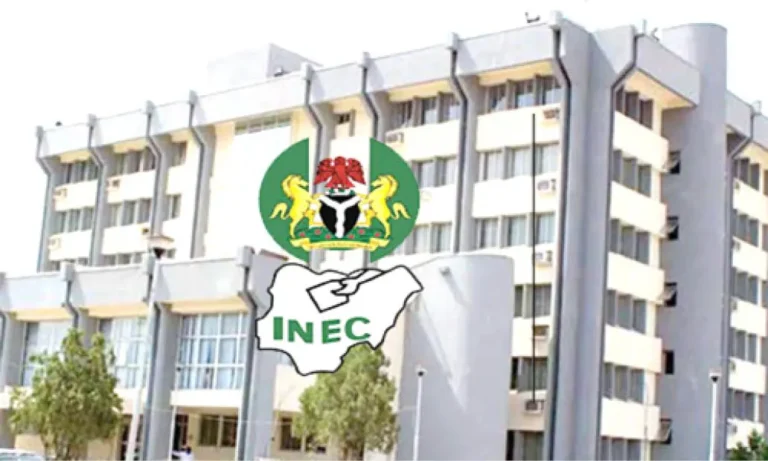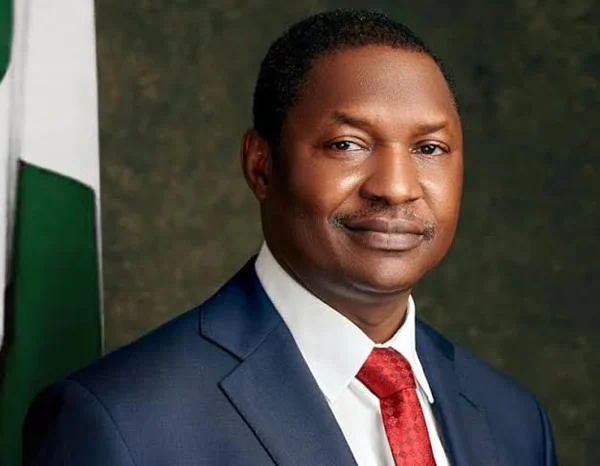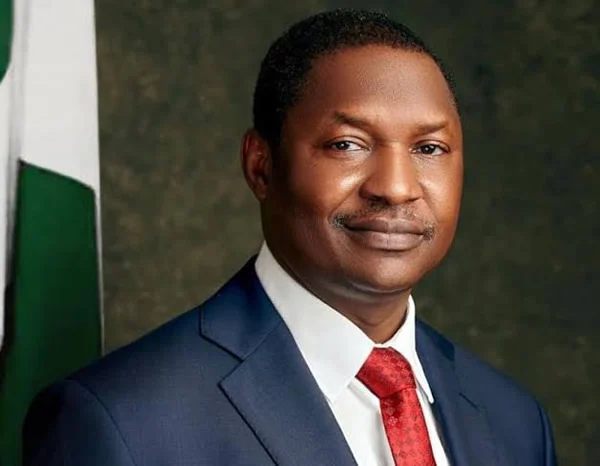
Places of Christian worship, entertainment centres, police stations, and army barracks have been most targeted. The Police Headquarters and the United Nations offices in Abuja were attacked.
The October 1 attack in 2010, as Nigeria marked her 50th independence anniversary, was one of the most scandalous of the attacks. As the destruction continued, particularly the killings in churches, markets, and schools, Nigerians shrunk away from the unity that the country has fought for over the years.
Government’s efforts at halting the insurgency have met with varying degrees of successes, coupled with the inevitable criticisms that flow from allegations of human rights abuses in areas security agencies have mounted operations against the attackers.
Our Constitution recognises the place of security in the well being of Nigerians. It expects government to promote “the security and welfare of the people” to its “primary purpose”. It is unlikely framers of the Constitution had in mind the type of insurgency the country is passing through, yet the importance of peace and security for development of the country must get its due emphases.
We are all witnesses to how insecurity has held national attention in the past four years. Governments, always full of excuses, have found in insecurity, enough explanations for not attaining any heights in “the security and welfare of the people.” The situation is not sustainable. It also has vast implications for the future of Nigeria, as the wasted years are not recoverable.
The national security summit commencing in Abuja today, themed, Addressing Nigeria’s Security Challenges for Sustainable Peace and Development, is Vanguard’s modest contribution to stemming a national challenge that is impeding development and peace. Investments are not feasible in a climate fouled with insecurity.
This is another year which marks another journey in the search for peace for a better life for our people which security and welfare encapsulate. I invite everyone to join.







